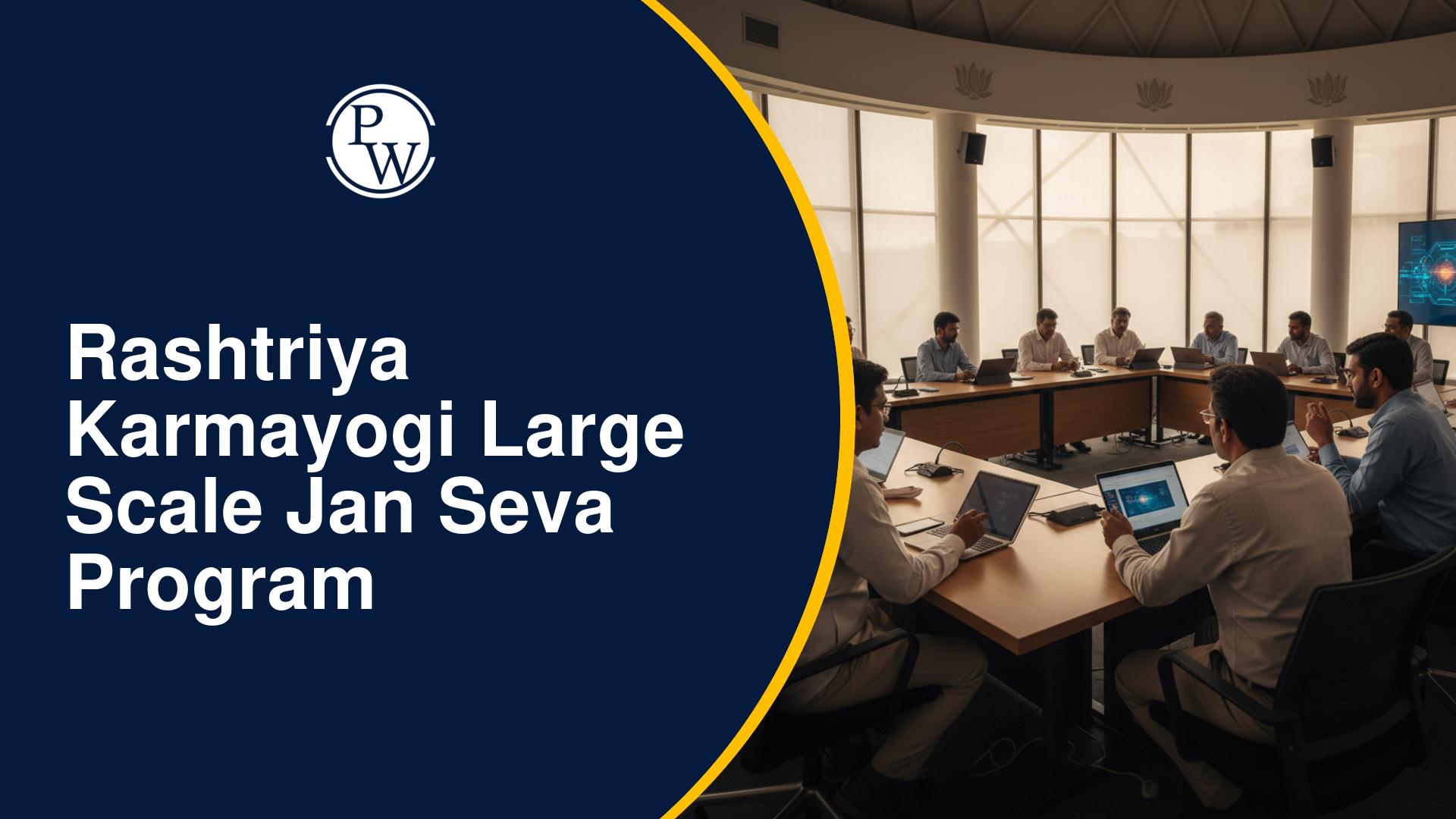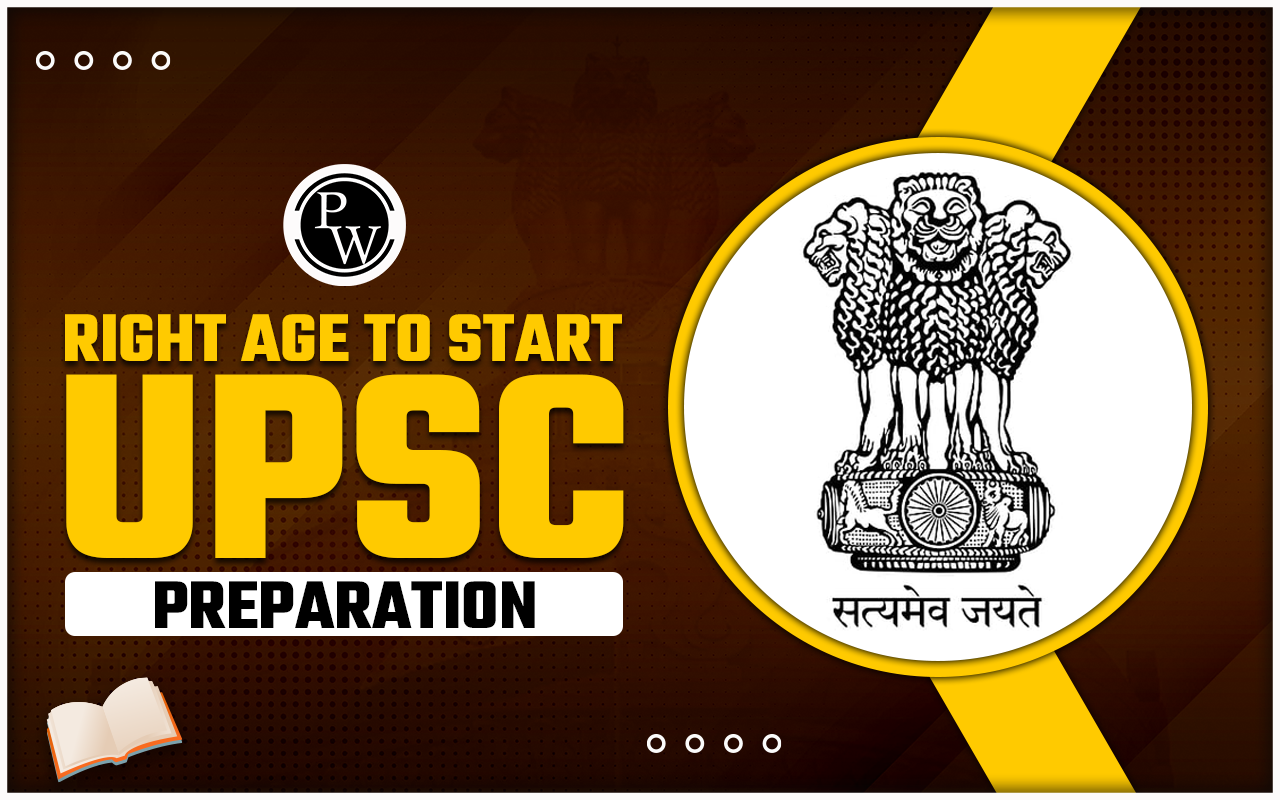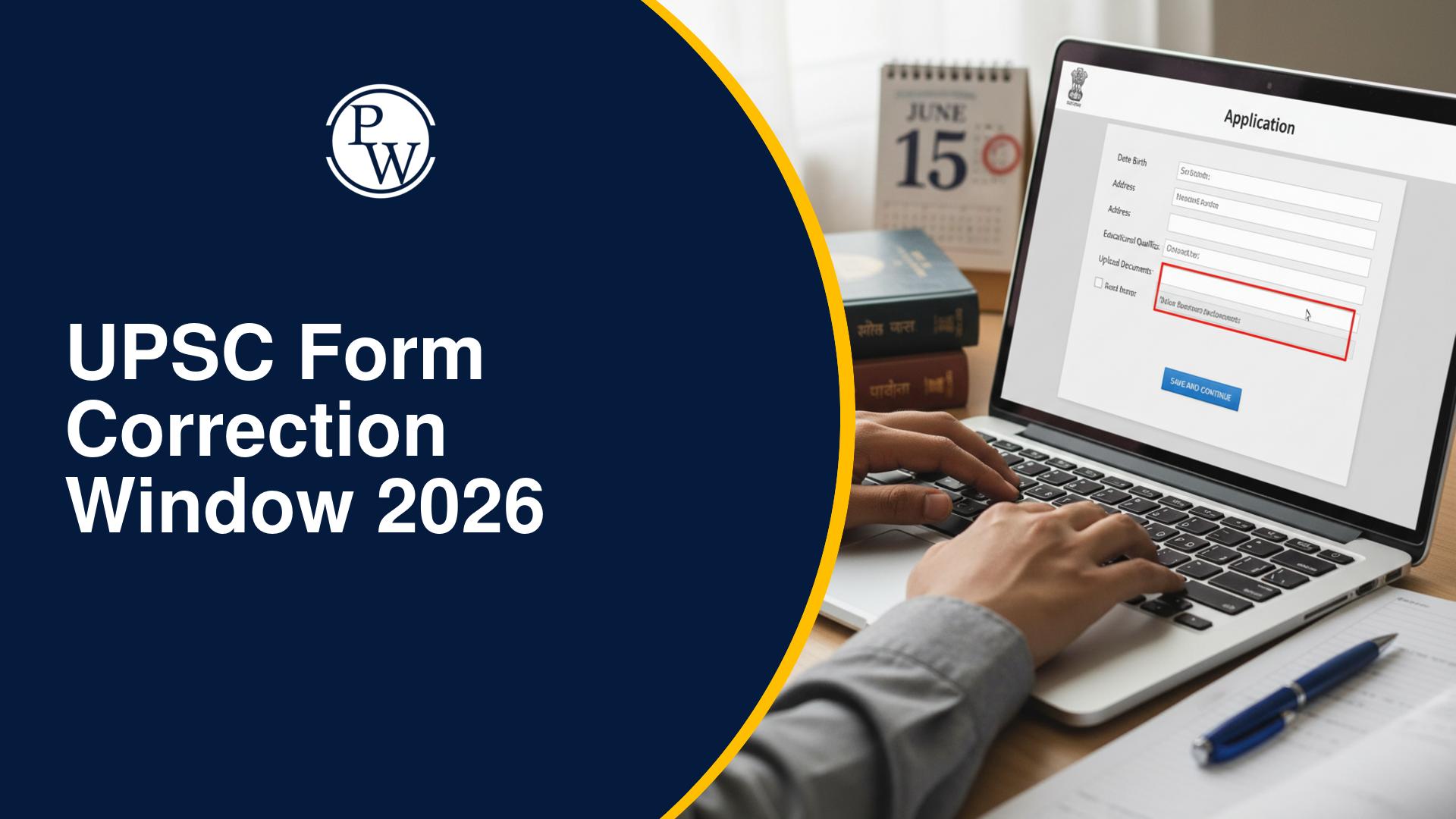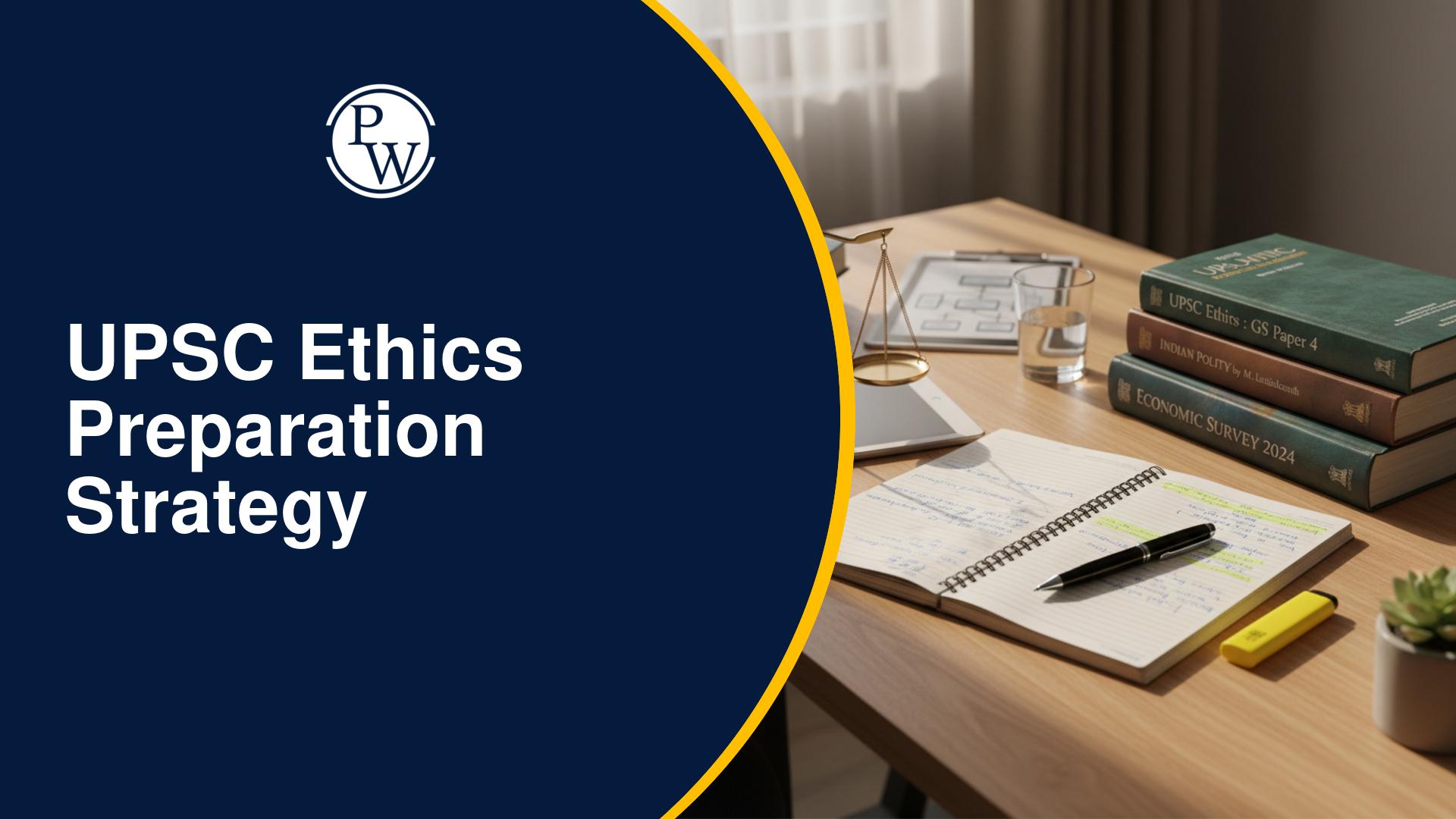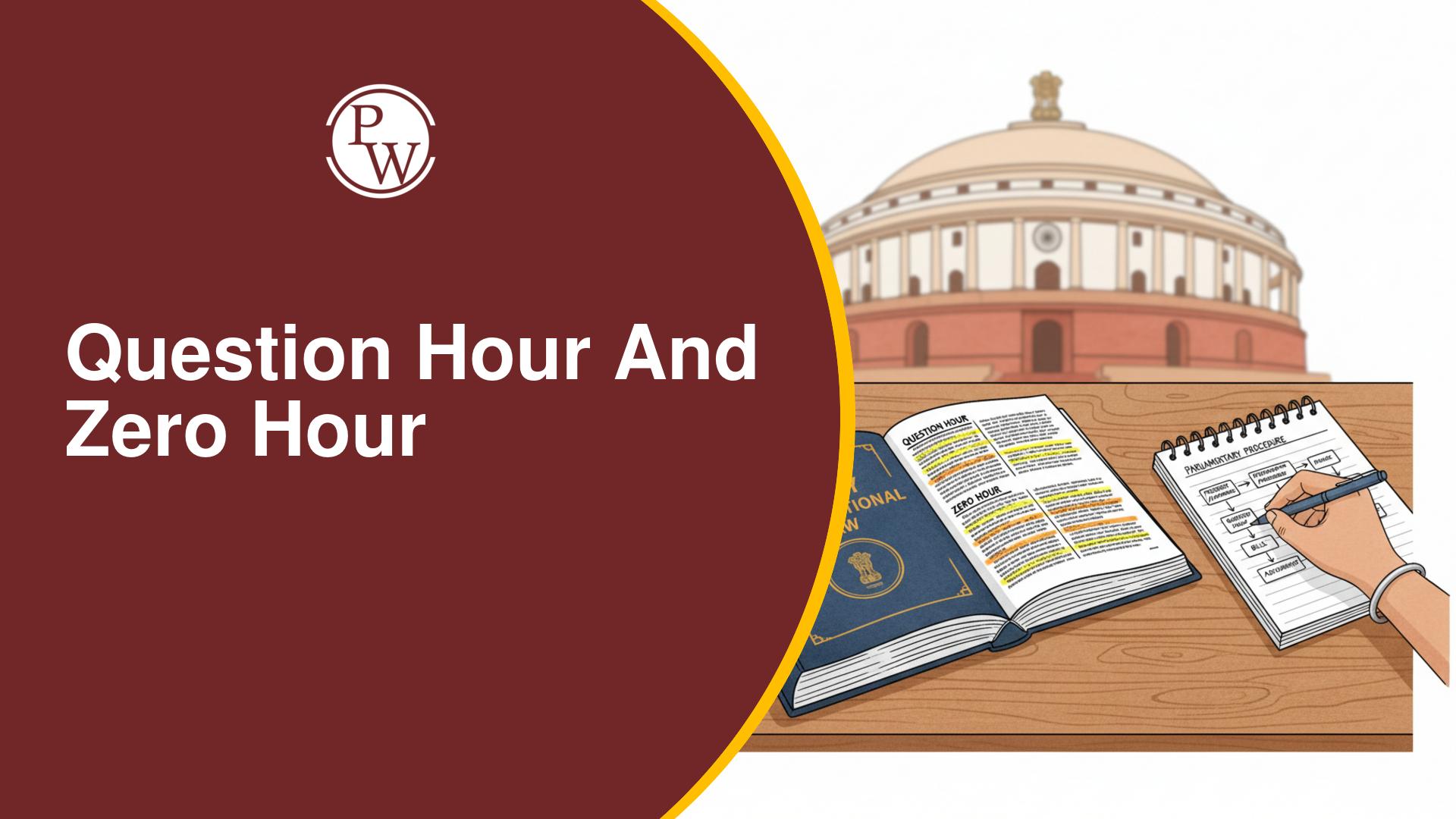
The One Nation, One Election (ONOE) bill was introduced in Lok Sabha today after getting approved by the Union Cabinet on December 12, 2024. The bill received 269 votes in favour and 198 against it, it is expected to be sent to a parliamentary committee for scrutiny.
The One Nation, One Election bill aims to hold simultaneous elections for the Lok Sabha and all state assemblies across India. Currently, elections are held at different times, causing frequent disruptions in governance and high costs. Read on to learn more about One Nation, One Election.One Nation One Election News
The Cabinet approved the One Nation, One Election Bill on December 12, 2024, taking a major step towards holding simultaneous elections across India. It will now be introduced in Parliament for further processing, and if passed, it will pave the way for synchronized elections at the national and state levels. However, some states are opposing the One Nation, One Election plan, arguing that it may undermine India's federal structure .What is One Nation One Election?
The concept of One Nation One Election refers to holding simultaneous elections for the Lok Sabha (lower house of the Indian Parliament) and State Assemblies across the country. In simpler terms, it means that elections in India, both national and state level, would be conducted on the same date. This is not a new idea as simultaneous elections were held in India between 1951 and 1967 . Currently, elections are held at different times in India, sometimes with a gap of several months. This election process has various drawbacks, such as frequent election-related expenditures, and disruptions in governance.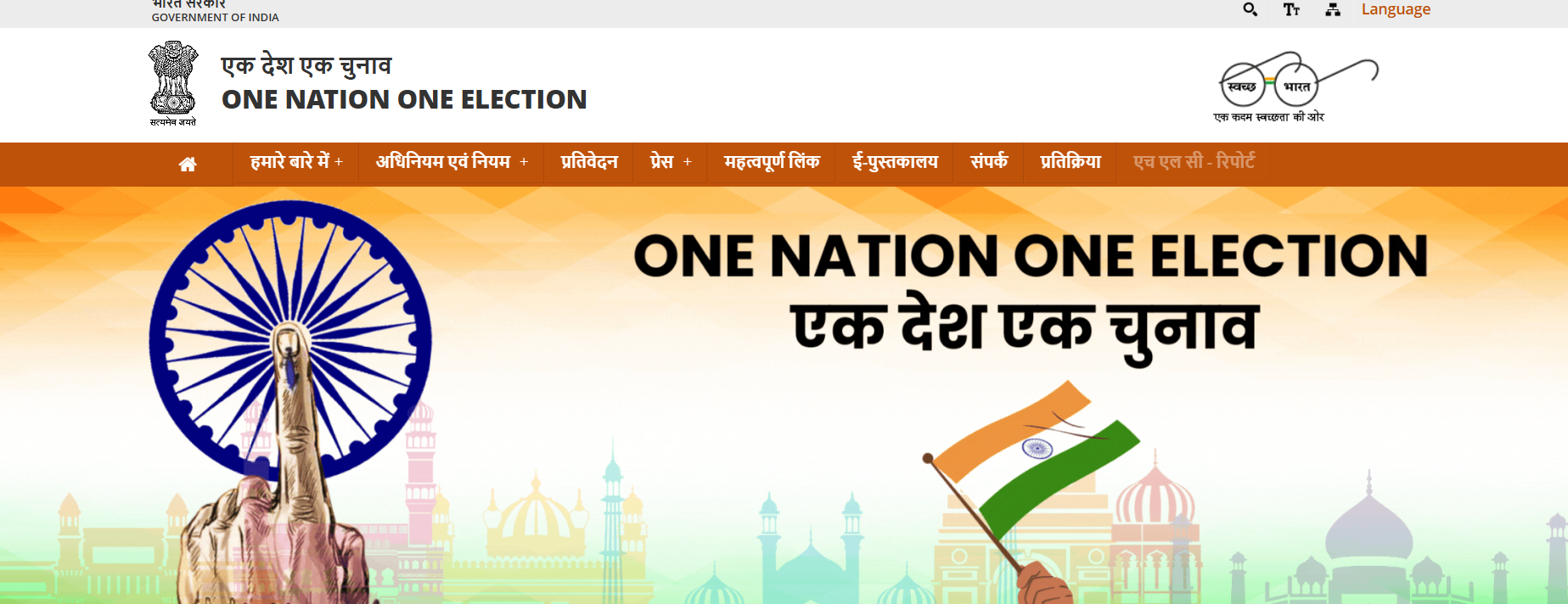 Image Credit: onoe.gov.in/index
Image Credit: onoe.gov.in/index
Objectives of One Nation One Election
The primary objectives behind introducing the ‘One Nation, One Election’ include:- Reducing Electoral Costs: Conducting separate elections involves significant expenditure. Simultaneous polls could cut costs substantially.
- Enhancing Governance: Frequent elections lead to a "model code of conduct" phase, delaying policy implementation. Synchronized elections could ensure uninterrupted governance.
- Improving Voter Turnout: Simultaneous elections can make it more convenient for voters, potentially increasing participation.
- Streamlining Administration: Holding elections at different times strains administrative resources. A unified schedule would ease the burden.
Status of One Nation One Election Bill
The official process for simultaneous elections began with the establishment of a high-level committee chaired by Shri Ram Nath Kovind . This committee outlined steps for implementation, starting with synchronising Lok Sabha and state assembly polls, followed by local body elections within 100 days. The government is actively pushing the "One Nation, One Election" Bill. In the Winter Session of Parliament 2024, the Union Cabinet approved two bills aimed at:- Aligning the terms of the Lok Sabha and state assemblies.
- Allowing amendments for Delhi and Union Territory assemblies.
Constitutional Amendments Required for Simultaneous Elections
Several constitutional amendments are necessary to implement One Nation, One Election in India:-
Representation of the People Act:
- Amendments are needed to adjust the fixed terms of assemblies and align election schedules.
- This would allow the early dissolution of some state assemblies to synchronize with Lok Sabha elections.
-
Articles 83(2) and 172(1):
- These articles set the tenure of the Lok Sabha and state assemblies at five years.
- Amendments are required to shorten or extend assembly terms to match the election cycle.
-
Provisions for Union Territories:
- Amendments are needed for the legislative assemblies of Delhi, Puducherry, and Jammu & Kashmir.
- This will align their election schedules with national and state elections.
-
Article 356, Articles 85 and 174:
- Amendments are needed to prevent the premature dissolution of state assemblies.
- This will help ensure synchronization of elections.
-
Article 325:
- Amendments are required to create a single electoral roll and unified voter ID.
- This will standardize electoral rolls across all states and territories.
-
Article 324A:
- A new article should be added to facilitate simultaneous elections for Panchayats and Municipalities.
- This would align local elections with general and state elections.
One Nation One Election Pros and Cons
The process of conducting the election simultaneously has its pros and cons:Pros of One Nation One Election
- Cost Efficiency: Synchronised elections can significantly reduce election-related expenditures on logistics, personnel, and security.
- Improved Governance : With fewer elections, government officials can focus on delivering services to the public rather than on election-related activities, improving overall governance.
- Political Stability: A single election cycle can result in more stable governments, as elections would no longer disrupt state and national politics frequently.
- Increased Voter Turnout: With elections held together, the chances of higher voter turnout are increased, as it reduces the need for citizens to vote multiple times within a short span.
- Administrative Convenience: A unified electoral process reduces the burden on administrative machinery.
Cons of One Nation One Election
- Logistical Challenges: Managing simultaneous elections for a vast and diverse country like India is complex.
- Synchronization Challenges: Coordinating elections in a diverse democracy like India can be challenging, especially if governments lose confidence in their assemblies.
- Democratic Concerns: Frequent elections enable voters to hold governments accountable more regularly.
- Regional Representation: Local issues may be overshadowed by national narratives during simultaneous elections, which could affect the spirit of federalism.
| UPSC Related Articles | ||
| Winter Solstice | Mission Karmayogi | Shaheedi Diwas 2024 |
| Parliament Sessions | Cooperative Federalism | Anti-Defection Law |
One Nation One Election FAQs
What does One Nation One Election mean?
One Nation One Election means holding simultaneous elections for the Lok Sabha and all state assemblies across India.
Why do we need One Nation One Election?
This process can reduce electoral costs, improve governance, enhance voter turnout, and streamline administrative efforts by conducting elections at the same time.
Is the One Nation One Election bill passed?
No, the bill was approved by the Union Cabinet on December 12, 2024, and will be introduced in the Parliament for further scrutiny.
Which country has the One Nation One Election?
Countries like South Africa and Sweden follow the practice of simultaneous elections. India also had a similar practice for 1951-52, 1957, 1962, and 1967 elections.
What are the main challenges of the One Nation One Election?
Challenges include logistical complexity, synchronization of elections across diverse regions, and concerns over regional issues being overshadowed by national politics.
Talk to a counsellorHave doubts? Our support team will be happy to assist you!

Free Learning Resources
PW Books
Notes (Class 10-12)
PW Study Materials
Notes (Class 6-9)
Ncert Solutions
Govt Exams
Class 6th to 12th Online Courses
Govt Job Exams Courses
UPSC Coaching
Defence Exam Coaching
Gate Exam Coaching
Other Exams
Know about Physics Wallah
Physics Wallah is an Indian edtech platform that provides accessible & comprehensive learning experiences to students from Class 6th to postgraduate level. We also provide extensive NCERT solutions, sample paper, NEET, JEE Mains, BITSAT previous year papers & more such resources to students. Physics Wallah also caters to over 3.5 million registered students and over 78 lakh+ Youtube subscribers with 4.8 rating on its app.
We Stand Out because
We provide students with intensive courses with India’s qualified & experienced faculties & mentors. PW strives to make the learning experience comprehensive and accessible for students of all sections of society. We believe in empowering every single student who couldn't dream of a good career in engineering and medical field earlier.
Our Key Focus Areas
Physics Wallah's main focus is to make the learning experience as economical as possible for all students. With our affordable courses like Lakshya, Udaan and Arjuna and many others, we have been able to provide a platform for lakhs of aspirants. From providing Chemistry, Maths, Physics formula to giving e-books of eminent authors like RD Sharma, RS Aggarwal and Lakhmir Singh, PW focuses on every single student's need for preparation.
What Makes Us Different
Physics Wallah strives to develop a comprehensive pedagogical structure for students, where they get a state-of-the-art learning experience with study material and resources. Apart from catering students preparing for JEE Mains and NEET, PW also provides study material for each state board like Uttar Pradesh, Bihar, and others
Copyright © 2026 Physicswallah Limited All rights reserved.



